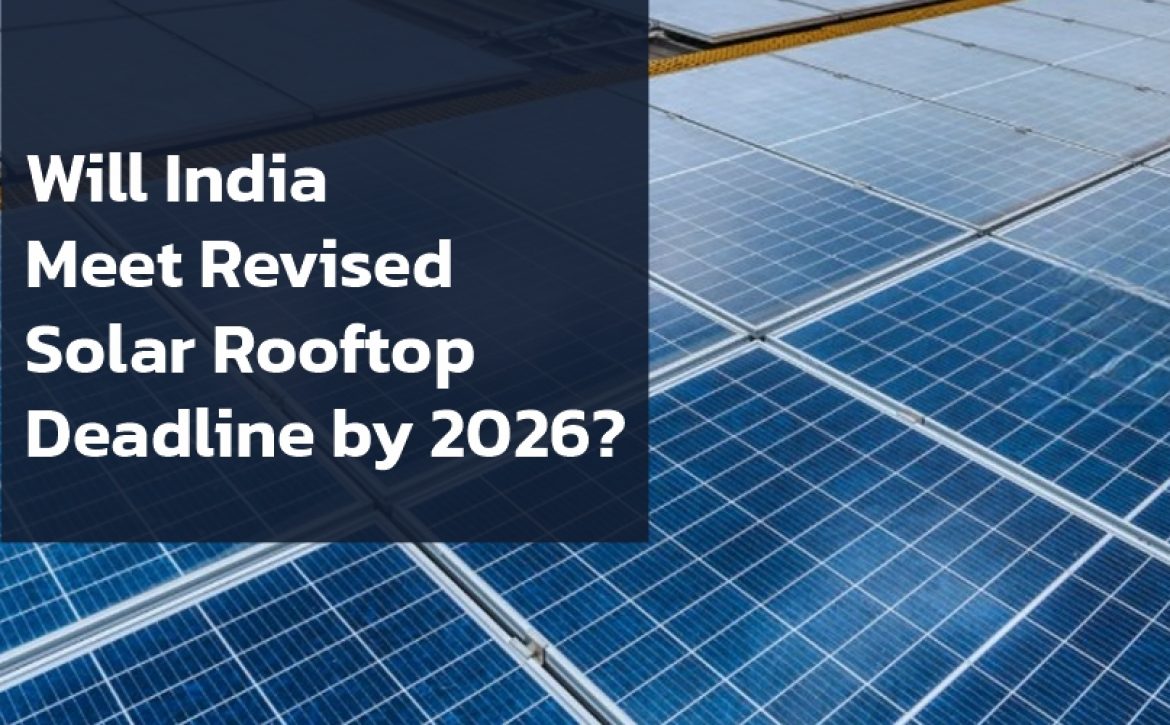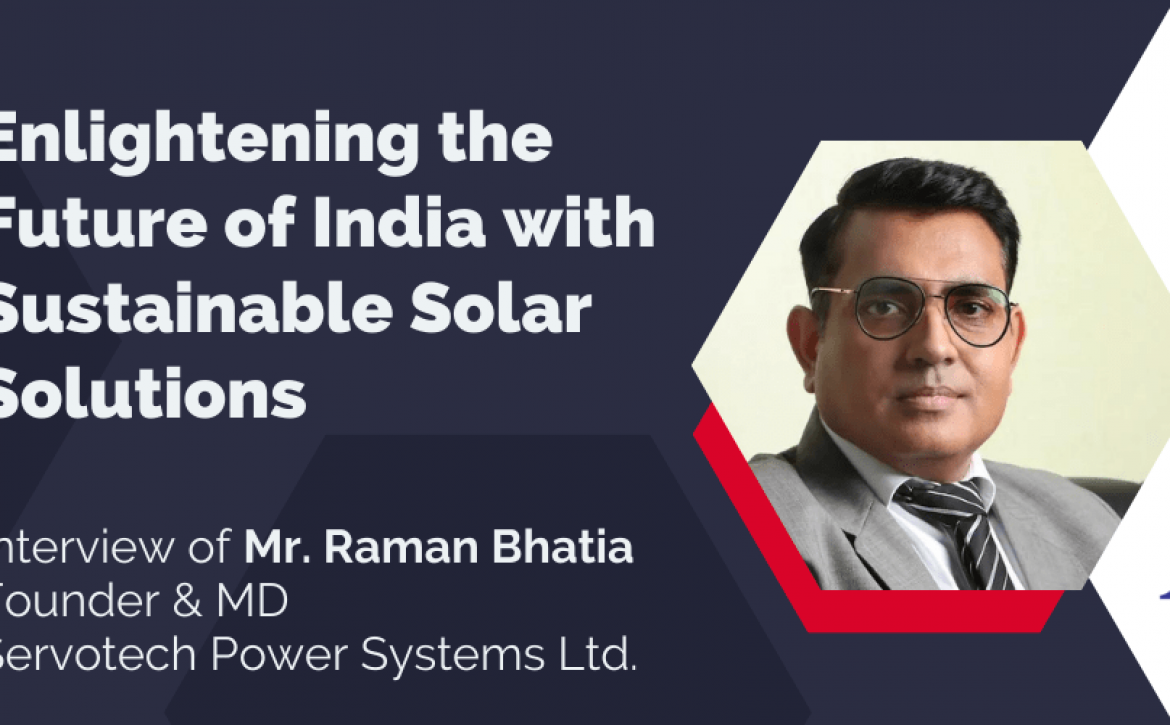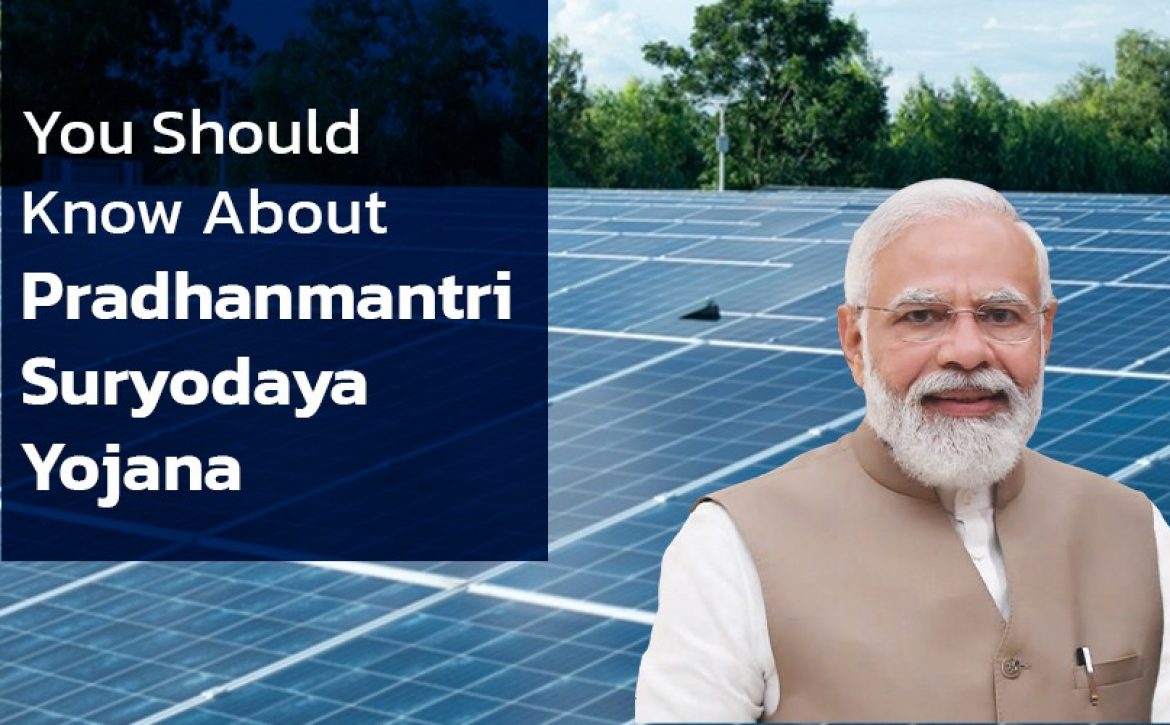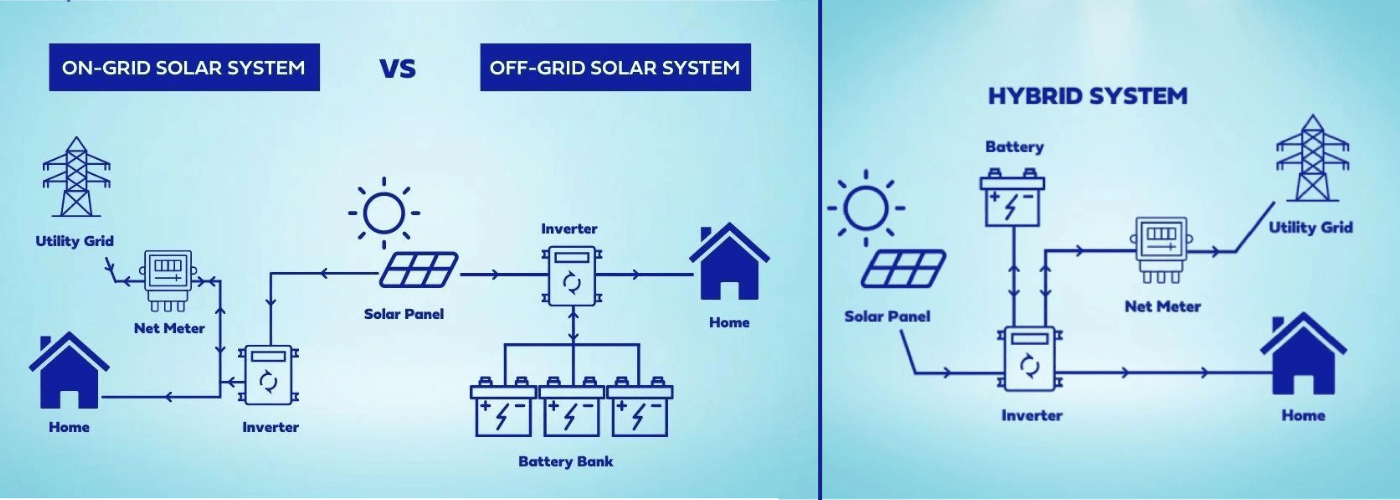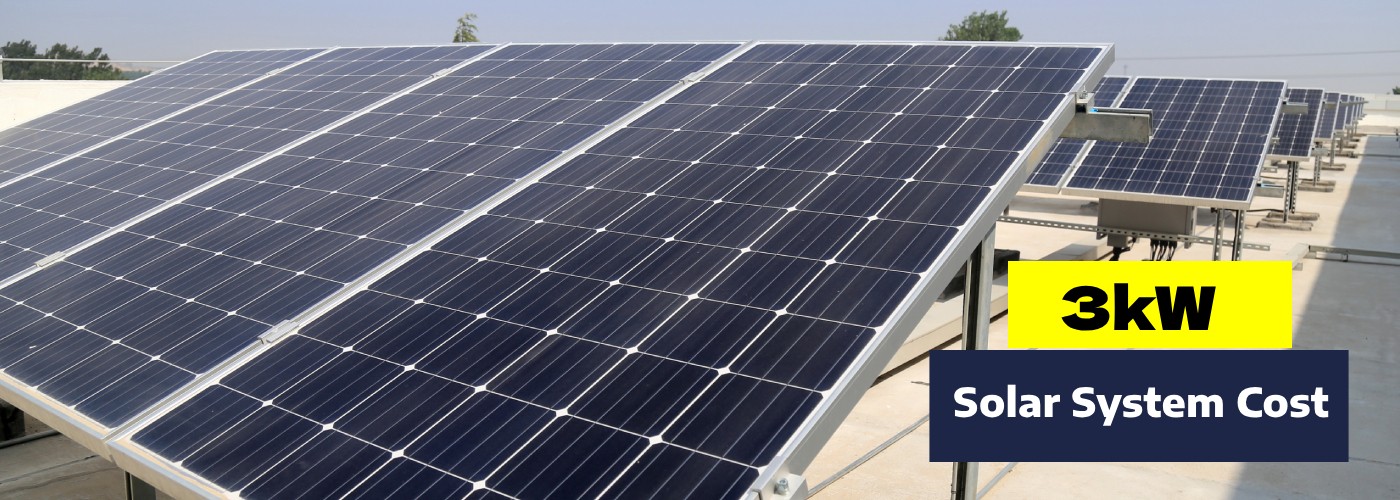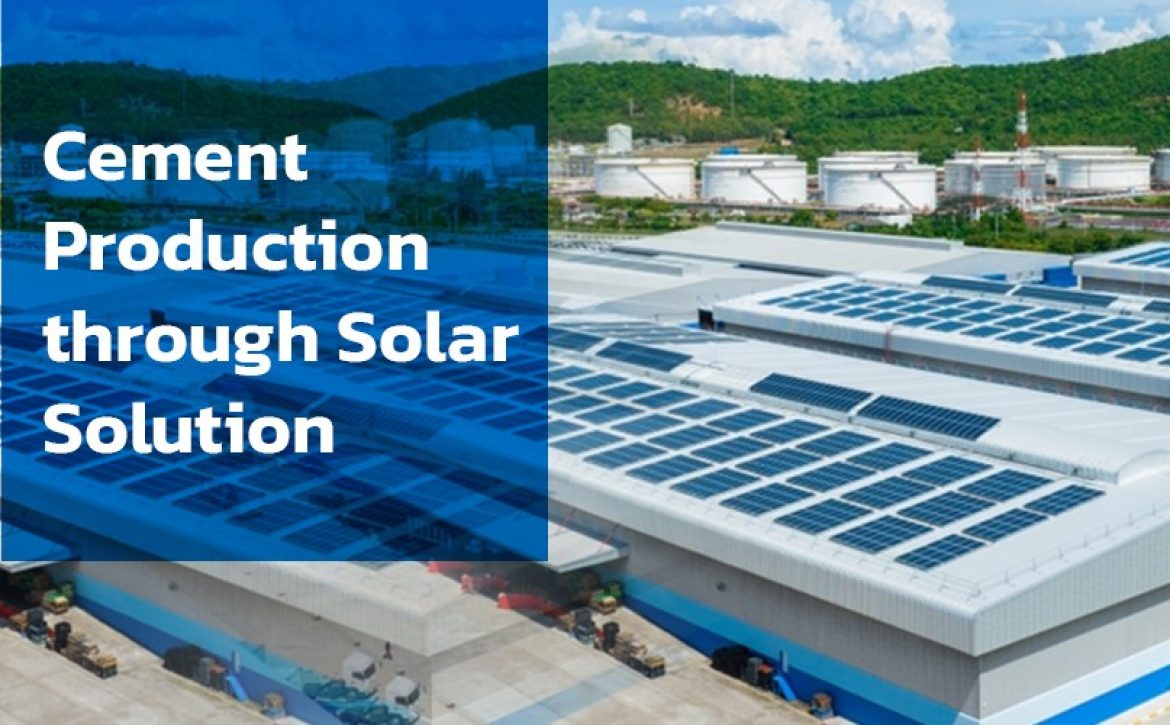Top Solar Panel Brands in India 2024
The last few years have seen a lot of growth and changes towards sustainability. Who would have thought that solar energy would be able to create such a significant impact on our lives by creating an alternative energy source to fuel our lives?
Solar panels play an important role in the journey toward making India a solar-powered nation. As customers who want solar panels, we often get confused about which brand to choose. Many solar panel brands in India are producing top-notch and high-quality solar panels and in this blog, we are going to tell you about the top solar brands in India that will help you easily switch to solar energy!
List of the Top Solar Panel Brands in India 2024
Here is the list of top solar panel brands in India that will provide high-quality solar panels and help you easily switch to solar!
1. Servotech Renewable Power System Ltd.
Servotech Renewable Power System Ltd. is one of the renowned brands in the solar energy sector. With over 20 years of experience, the company manufactures top-notch solar solutions, including solar panels, solar inverters, and solar batteries. Servotech is India’s leading solar company with an extensive project portfolio and has successfully delivered various solar power projects to numerous state governments, state nodal agencies, fuel retailers, oil refineries, and other key stakeholders. The company’s commitment to quality and innovation has made it a trusted name in the industry, contributing significantly to India’s renewable energy landscape.
2. Tata Power
Tata Power Solar Systems is a prominent industry leader in the solar energy business. Recognized for its excellence in producing top-tier solar panels within the Indian market, the company has successfully delivered an impressive 1.4 GW of solar modules globally over the last two decades. With a diverse product portfolio that includes solar PV modules, solar rooftop solutions, and solar water pumps catering to a wide range of applications.
3. Vikram Solar
Vikram Solar is one of the most reliable solar panel brands in India. With 10+ years of experience and a presence across 32 countries, Vikram Solar has done several key residential and commercial solar projects.
4. Loom Solar
Loom Solar is one of India’s leading solar panel-making companies specializing in mono-perc solar panels and lithium batteries. The company manufactures a wide range of solar panels, from 10 watts to 450 watts, which are super high-efficiency panels. Established in 2018 with its main office in Faridabad, Haryana, Loom Solar has an impressive manufacturing capacity of 100 MW.
5. Goldi Solar
Founded in 2011, and headquartered in Surat, Gujarat, Goldi Solar manufactures high-end solar panels with a client base comprising several international brands in 20+ countries. The company has a manufacturing capacity of 500 MW and has added another 2000 MW, leading to a capacity of 2.5 GW.
6. Navitas Solar
Navitas Solar, with over three decades of experience, specializes in manufacturing Polycrystalline, Mono PERC, and TOPCon Solar Panel PV Modules ranging from 40 to 720 Watts per panel. The company has a remarkable manufacturing capacity of 2 GW. Navitas Solar has served 1000+ clients across India,
7. Adani Solar
Adani Solar is a subsidiary of Adani Enterprises Ltd. and boasts a robust cumulative capacity exceeding 1.5 gigawatts for solar cells and modules. With a robust portfolio of solar PV modules and solar power solutions, Adani Solar focuses on research and development. The company continually strives to push the boundaries of solar technology, driving efficiency and performance to new heights.
8. Renewsys Solar
Specializing in producing solar modules and essential components such as solar PV cells, black sheets, and encapsulants, RenewSys Solar has been catering to the renewable energy needs of over 40 nations worldwide. The company has two state-of-the-art manufacturing facilities in India that have helped cement its position as a global solar energy modules provider. The company’s commitment to quality and innovation underscores its significant contribution to the advancement of sustainable energy solutions internationally.
9. Waree Solar
Formed in 1989, Waaree Energies Ltd is a Mumbai-based corporation with over 360+ locations in India and 68 overseas countries. It is one of the top solar panel-making companies in India, with stunning 2 GW module production facilities in Surat. Waaree Energies is also the first organization in the country to have an in-house NABL Lab Facility. With over 32 years of expertise, they provide solar rooftop solutions and various other services.
Conclusion
The government has been actively promoting the use of solar energy across India by introducing new schemes, subsidies, and policies. The future looks promising for solar energy and related industries. With the rising global demand for sustainable solar solutions, the top 10 solar panel manufacturers are set for significant growth. Their role in India’s energy transition is crucial, and their contributions will be essential to reaching the country’s ambitious renewable energy goals.




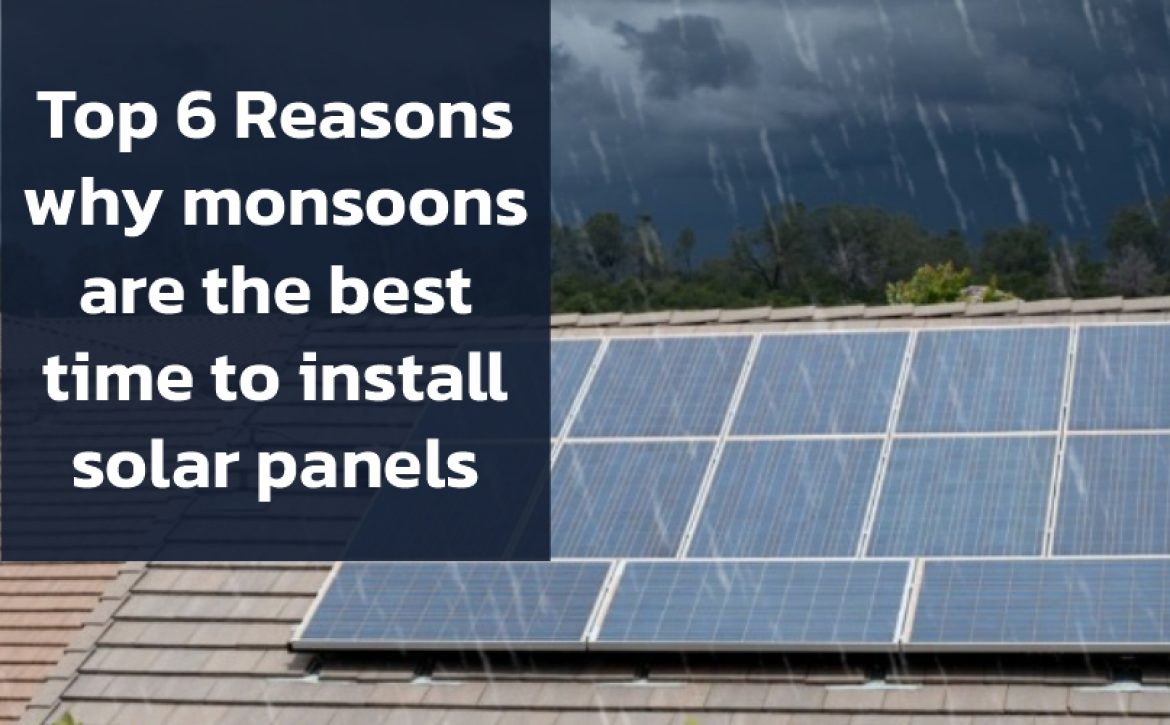

 Get Quote
Get Quote